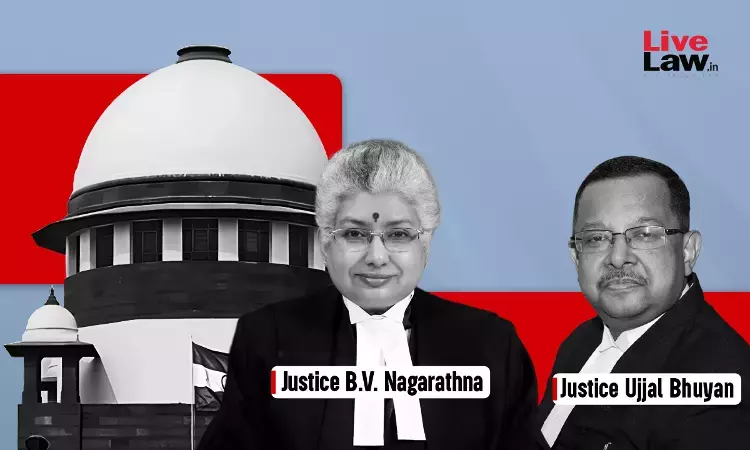High Courts, Session Courts Can Grant Interim/Transit Anticipatory Bail Even When FIR Is Registered In Another State: Supreme Court
Suraj Parmar
20 Nov 2023 12:37 PM IST

The Court laid down certain conditions to check the abuse of transit bail.
Next Story


